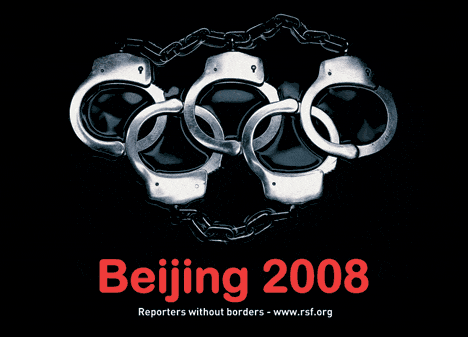 I’ve been an xmradio fan for ages now. As an early adopter I was saddled with one of their old Sony units with it’s tiny display and measly five presets. It was long in the tooth and I wanted an upgrade.
I’ve been an xmradio fan for ages now. As an early adopter I was saddled with one of their old Sony units with it’s tiny display and measly five presets. It was long in the tooth and I wanted an upgrade.
I talked myself into a RoadyXT to while away the hours when I’m on the road. The RoadyXT comes with both a home and vehicle kit. Stock in the box is a vehicle adapter called “SureConnect”, which attaches to the base of a non-retractable fender or roof antenna. I tried this interface, but I didn’t like it, so I picked up an FM Direct Adapter, SM10112, which integrates the unit into the existing radio. It’s really a nice, compact little adapter.
Installing it required removal of the radio to get at the antenna lead, which wasn’t a big deal, since the compact SM10112 fits nicely behind the radio upon re-installation. An added bonus: the sound improved too.
Here’s the kicker: No matter which vehicle installation method you choose, remember to power up the XM unit in the vehicle and select “Menu” and then “Frequency” from the menu choice. This will allow you to choose an unused FM frequency to send the signal to your vehicle’s FM radio. The “Frequency” menu selection does not appear when you attempt to select it from your home setup.
I scratched my head over that for a while before I actually went out and installed the unit.

